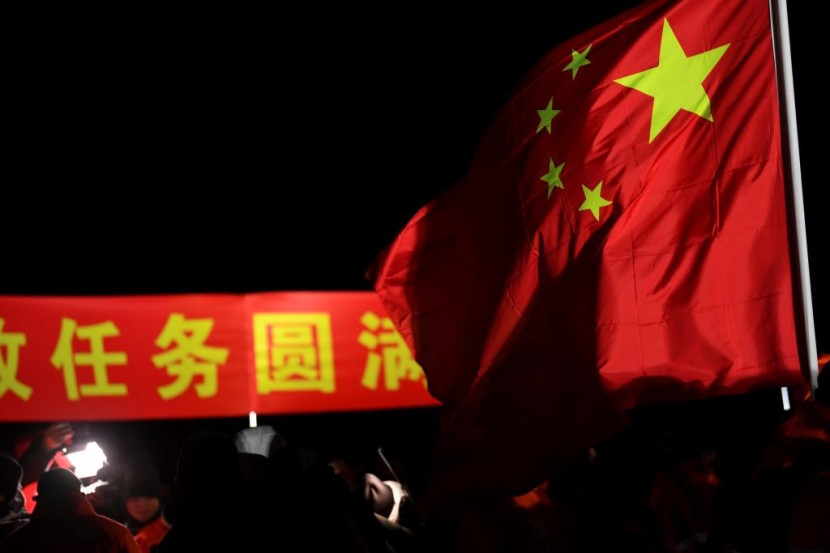Chinese officials attempted to become the second country to send citizens to the moon on Wednesday by releasing additional information about their intentions for a human lunar trip.
Zhang Hailian, deputy chief engineer with the China Manned Space Agency (CMSA), disclosed the preliminary plan on Wednesday during an aerospace summit in Wuhan.
A Scientific Exploration on the Moon

The mission is a component of a plan to build a lunar research outpost and is anticipated to occur before 2030, as reported by CNN. According to Zhang, it will do moon exploration missions and other tests and look into the best way to construct the facility.
Two launch vehicles will place a crewed spacecraft and moon surface lander in lunar orbit before they dock with one another. The Chinese astronauts will board the lander, which descends to the moon's surface after the spacecraft has docked.
According to Global Times, they will conduct "scientific exploration" and gather samples while on the moon before boarding the lander and connecting with the spaceship that is waiting in orbit to return them to Earth.
According to Xinhua, Chinese scientists are hard at work creating all the essential tools for the expedition, including moon suits, manned lunar rovers, manned spacecraft, and moon landers.
Beijing Catches Up in Space
The lunar mission is the most recent step in China's effort to enhance its space program, which has recently had significant breakthroughs.
Beijing has been catching up quickly to the United States despite China's late entry into the space race. Beijing didn't launch its first satellite into orbit until 1970 when the United States had already placed an astronaut on the moon.
China became only the third nation to successfully land a rover on the moon in 2013 by doing so. At the time, Chinese President Xi Jinping declared that "the space dream is part of the dream to make China stronger."
China's ambitious space program has seen billions of dollars invested under Xi's direction. Beijing's spending on space exploration is not publicly known, but it has been predicted to be roughly $5.8 billion in 2019.
That year, China made history by sending a rover to the moon's far side. Then, in 2020, it succeeded in retrieving lunar rock samples, making it the third nation to do it.
Additionally, throughout the past five years, China has been constructing its own Tiangong space station, which was finished in November. Along with the International Space Station (ISS), which Chinese astronauts have long been barred from accessing due to US political objections and legal limits, the station is the only other operating orbital outpost.
However, the ISS is anticipated to cease operations in 2030, leaving Tiangong as the lone remaining station. China has made an effort to make its station more accessible for collaboration with other partners, including by hosting experiments from other nations.
Related Article: China Plans 3 More Moon Missions After Discovery of New Mineral With Potential To Be New Energy Source
© 2026 HNGN, All rights reserved. Do not reproduce without permission.








